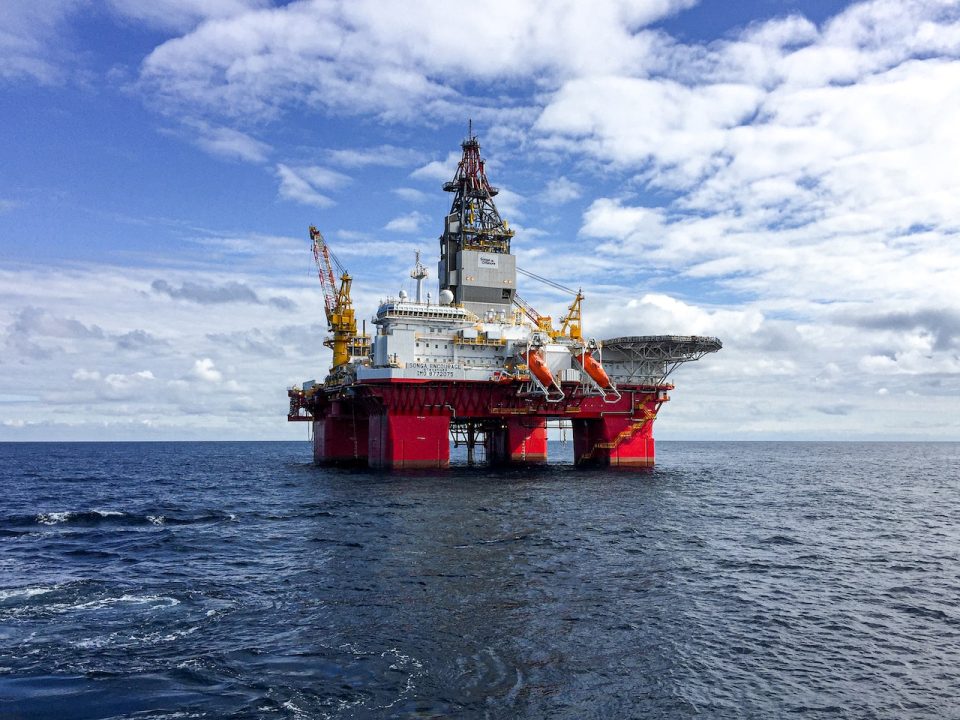The Group of Seven (G7) countries, alongside the European Union and Australia, reaffirmed their decision to impose a price cap mechanism on Russian oil and fuel. This decision, which was initially reached in December, aimed to exert pressure on Moscow by curbing its revenues from oil exports. However, insiders have revealed that the group has not conducted a formal review of this pricing scheme since March, and currently, there are no immediate plans to revisit or adjust the existing cap.
Despite the fact that benchmark Brent oil futures have surged to their highest levels this year, exceeding $90 per barrel, thereby boosting the value of global crude, including Russia’s Urals blend, the G7 nations seem to have limited appetite for altering the price cap. This mechanism allows third countries to procure Russian fuel, provided they can substantiate that their purchase adheres to the established price limits, which stand at $60 per barrel for crude oil, $45 per barrel for heavy fuel, and $100 per barrel for light fuels like gasoline and diesel.
When the price cap was initially imposed, Moscow encountered significant challenges in finding enough ships to transport its oil and petroleum products. As a result, Russia had to curtail its exports. However, the nation managed to circumvent these obstacles by diverting most of its exports to domestic or non-Western foreign shippers, thereby negating the necessity for Western insurance coverage.
An astonishing revelation is that during the period between March and June, a minimum of 40 intermediaries, including entities with no prior experience in the field, took charge of at least 50% of Russia’s total exports of crude oil and refined products. Despite discussions in June or July concerning a potential review of the price cap, no formal action materialized.
In light of these circumstances, a senior official from the U.S. Treasury remarked that the price cap had, in fact, been effective in reducing Russian revenues. The official emphasized that the G7 remains adaptable but clarified that there were no immediate plans for a revision of the price cap. It is worth noting that there may be a platform for informal discussions regarding the cap on the sidelines of the upcoming United Nations General Assembly, scheduled later this month.
The G7’s decision to halt regular reviews of the price cap on Russian oil carries substantial implications, particularly given their shared objective of diminishing Moscow’s financial resources, which are being utilized in the ongoing conflict in Ukraine. Simultaneously, the G7 nations aim to prevent disruptions in the market resulting from the European Union’s ban on Russian oil imports. This decision underscores Russia’s successful endeavor to reroute its exports into the hands of domestic or non-Western foreign shippers, thereby making it increasingly challenging for Western nations to enforce the existing price cap.
In conclusion, the international community continues to closely monitor the situation surrounding the price cap on Russian oil, balancing the need to curb Moscow’s finances with the complexities of the global oil market. As global crude prices remain elevated, the G7’s stance on the price cap mechanism is indicative of their efforts to navigate this delicate equilibrium.
Source: Reuters

